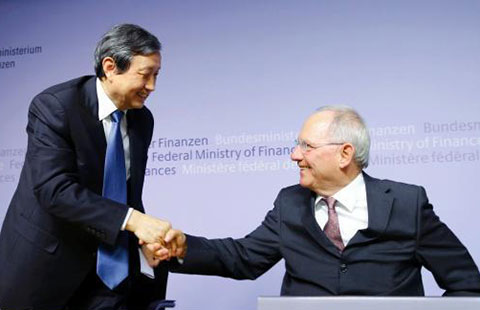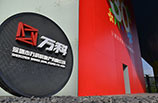Toilet seat makers eye domestic market
By Mu Chen (China Daily) Updated: 2015-03-17 10:24Lin Lini, head of marketing at Dongpeng, said: "The difference between Chinese and Japanese companies is brand reputation, so our campaign focuses not only on promoting our smart toilets but all Chinese products."
Aside from reputation, there is also the issue of consumer exposure.
While smart toilets started being sold in Japan in the late 80s, very few Chinese had access to them.
"In Japan, 90 percent of the toilets have some high-tech features so it is understandable that Chinese tourists would buy them after using them during a holiday there," said Lin.
"We have to do a better marketing job highlighting the products' benefits to the uninitiated."
Jomoo Kitchen & Bath Co Ltd has introduced a "try first, pay later" promotion for their smart toilets to introduce the concept to Chinese consumers.
Zhang Lijun, a salesman at an outlet of the Japanese department store Ito-Yokado in Beijing, however, said sales of its Panasonic smart toilets have been nothing like the reported frenzy in Japan.
"Customers prefer to buy goods overseas even if they are made in China because there is the belief that products made for export are of higher standards than those destined for the domestic market," said Zhang.
Persuading consumers to buy domestic products will continue to be a challenge, however, based on the most recent figures from the Ministry of Commerce, which show more than a trillion yuan was spent last year by Chinese consumers overseas. Yang Lichun, a shopper at Sundan Electronics Appliance Store, told China Daily she would consider buying a Chinese brand smart toilet if prices were competitive compared with Japanese brands and good post-sales customer services were provided.
- Israel requests to join Asian Infrastructure Investment Bank
- Chinese stocks rebound on April 1
- China, the West in Africa: more room for cooperation than competition
- Nanjing cuts taxi franchise fees
- Air China increases flights to Milan, Paris
- JD.com raises delivery charges
- Veteran corporate strategist upbeat about China economy
- L'Oreal China sales revenue up 7.7% in 2014

















